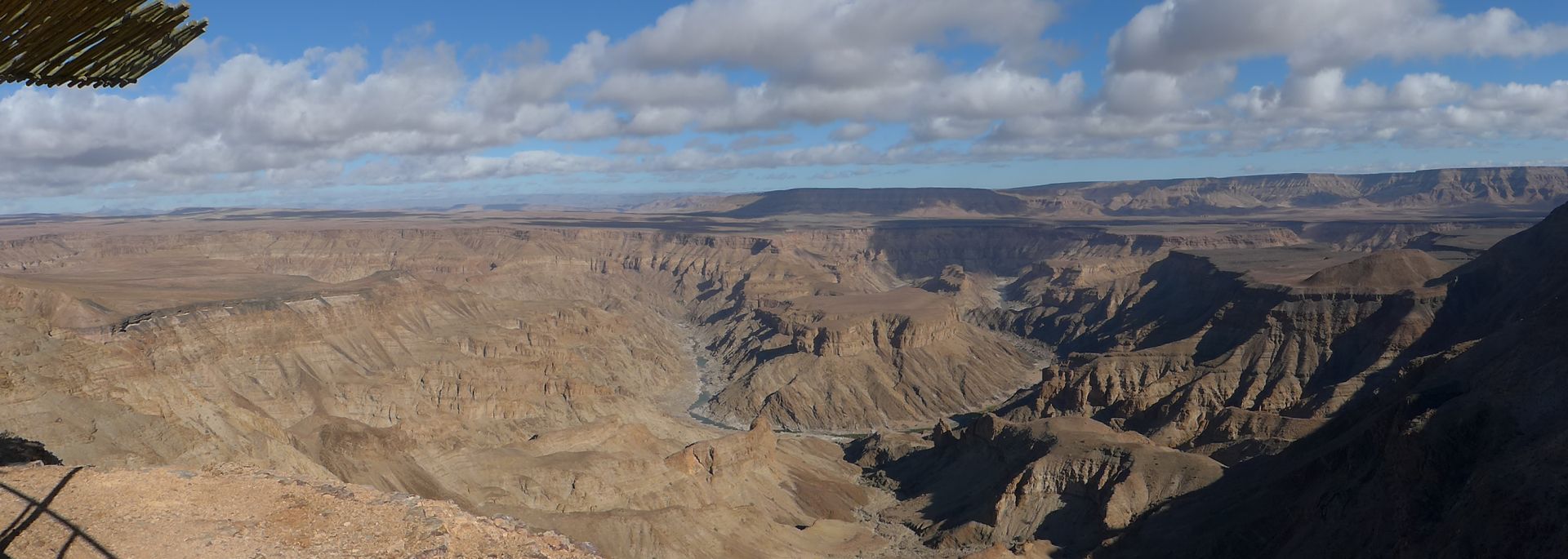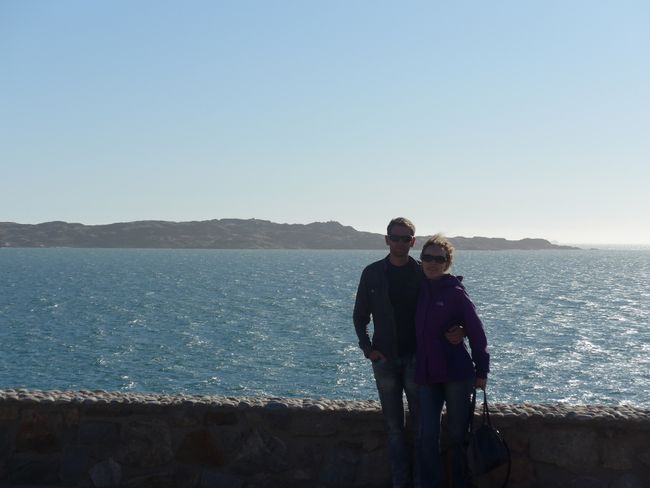Verona (Part 9 Italy)
പ്രസിദ്ധീകരിച്ചു: 12.06.2019
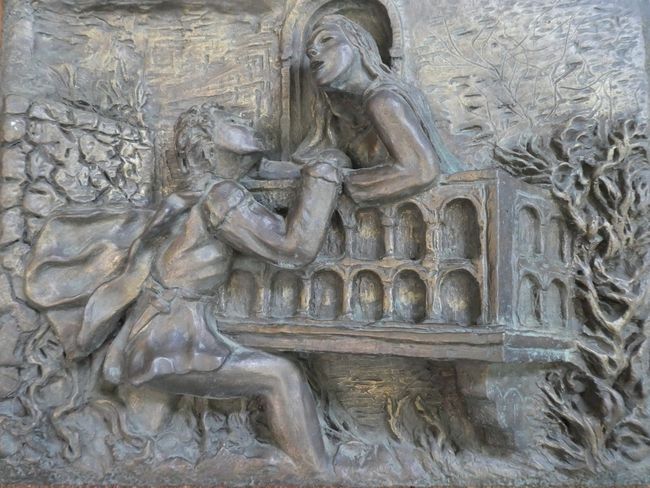
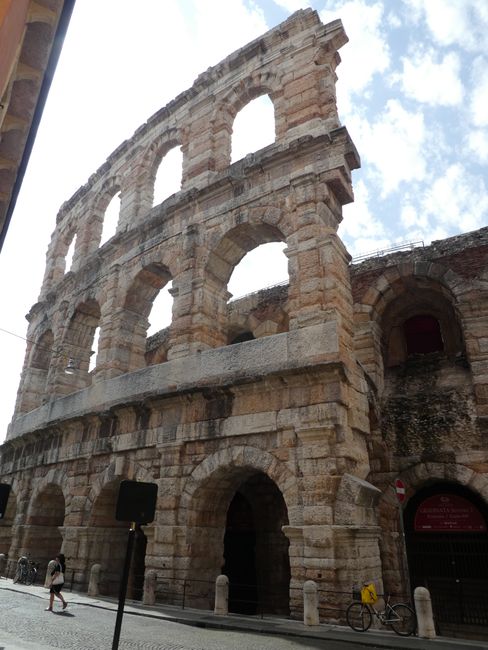
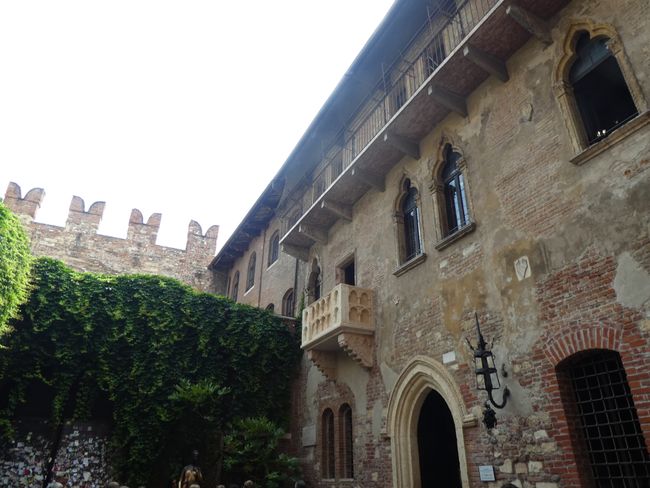
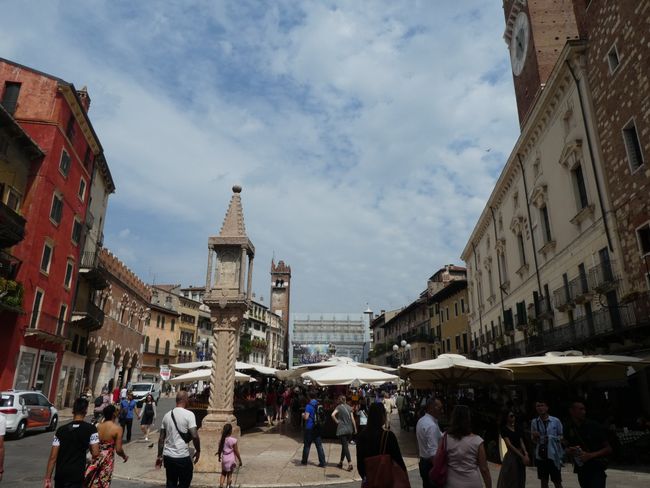
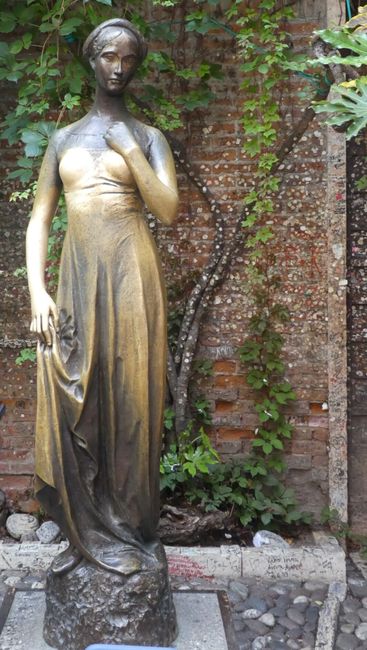
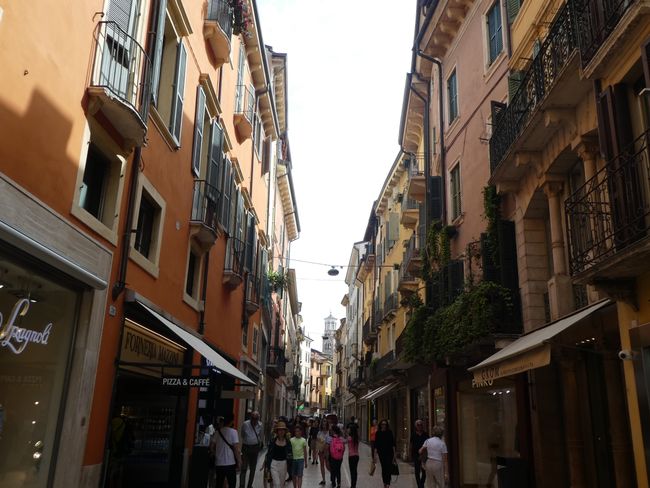
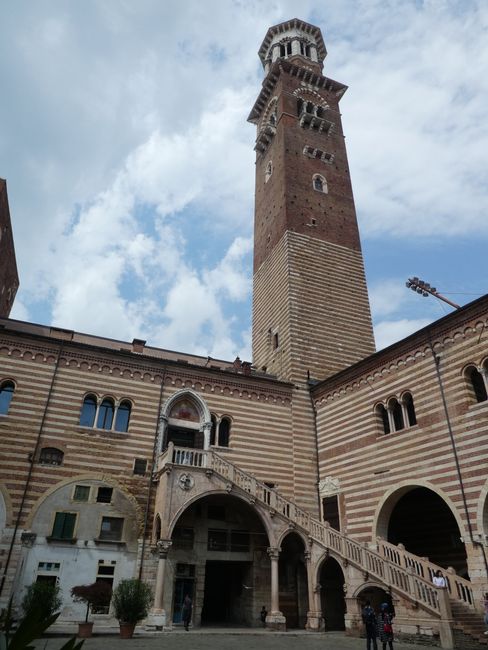
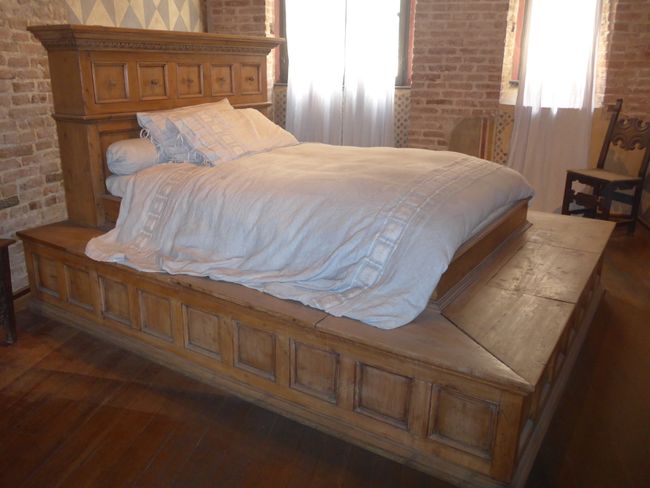
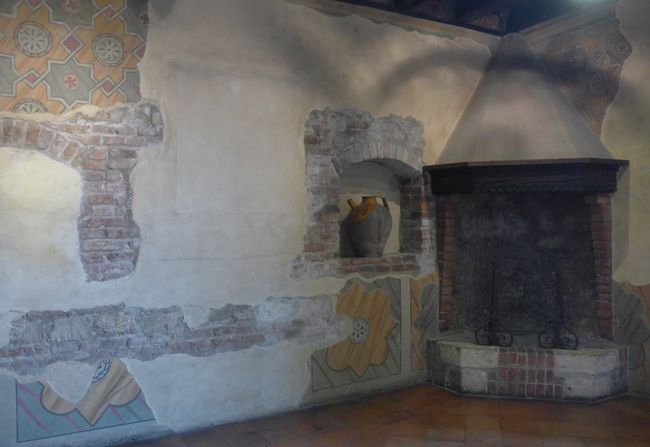
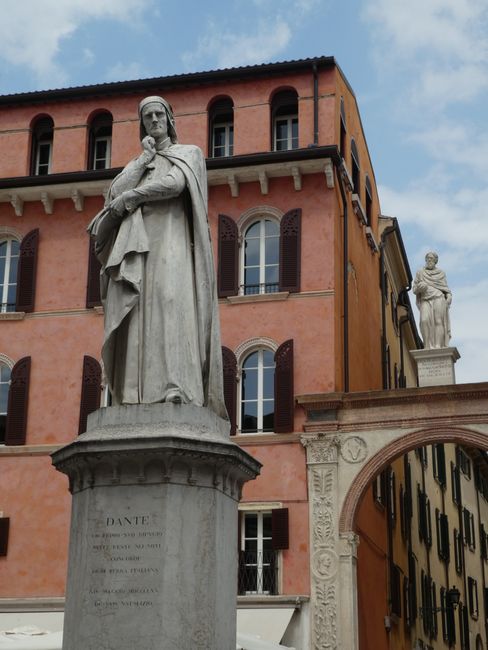
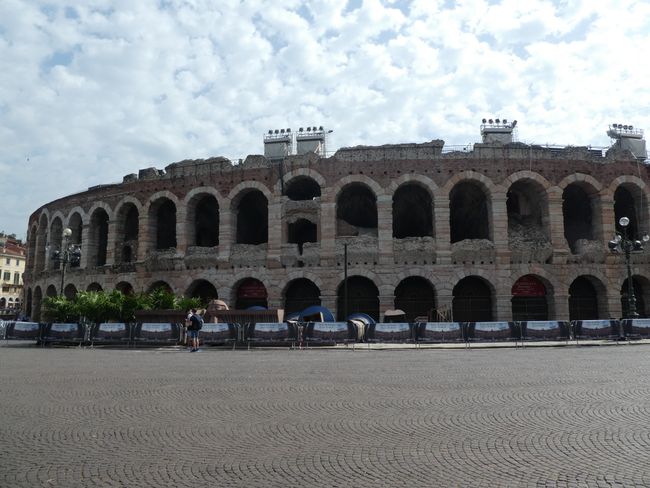
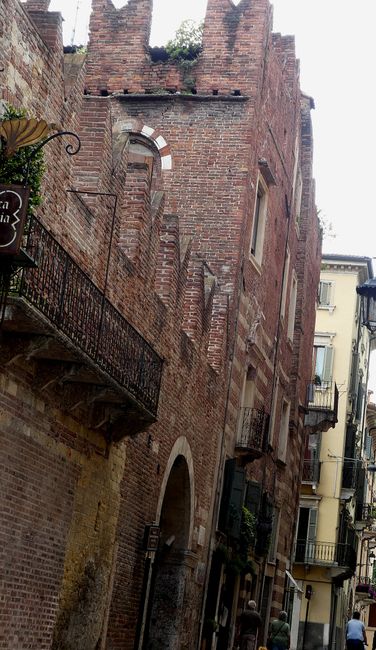
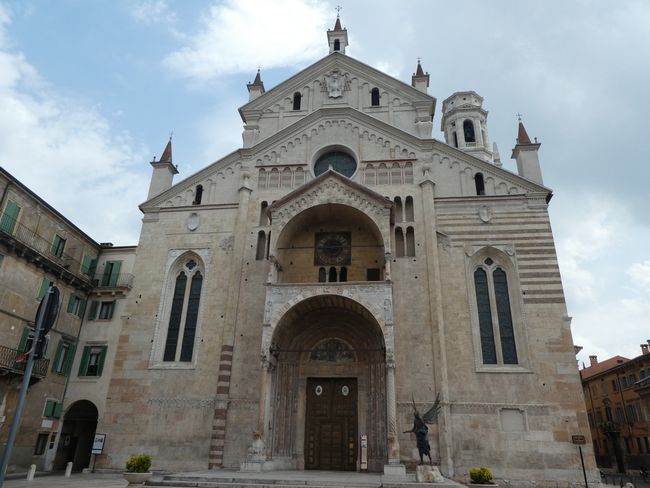
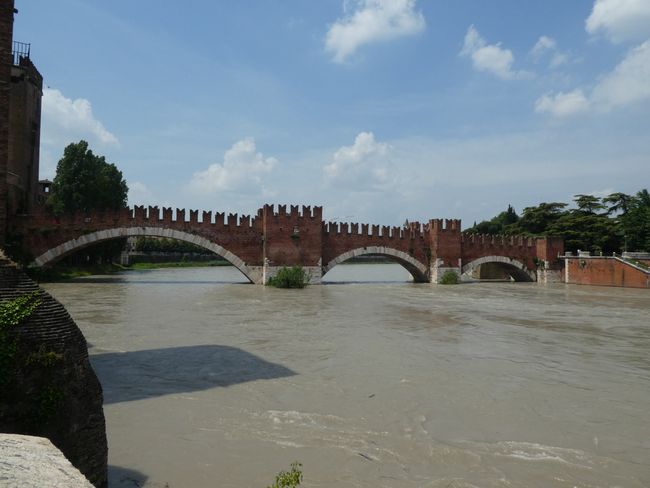
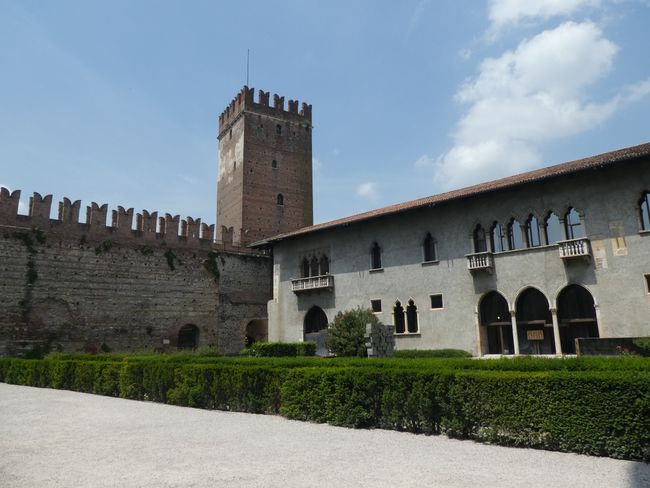
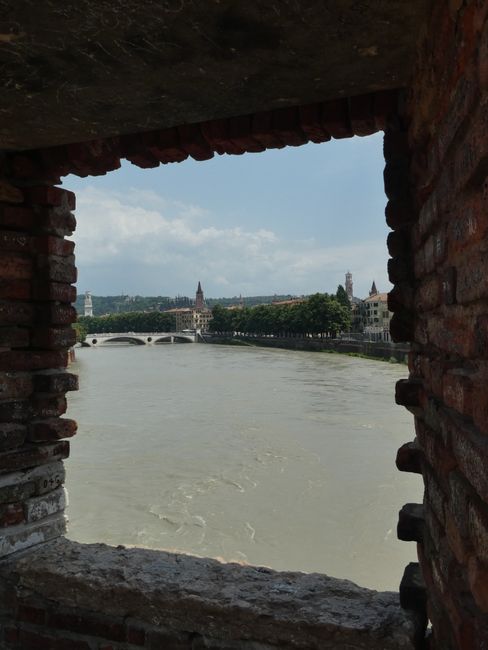
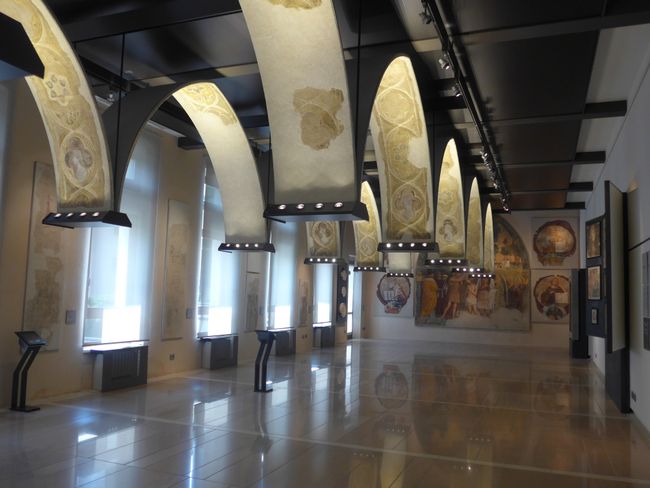
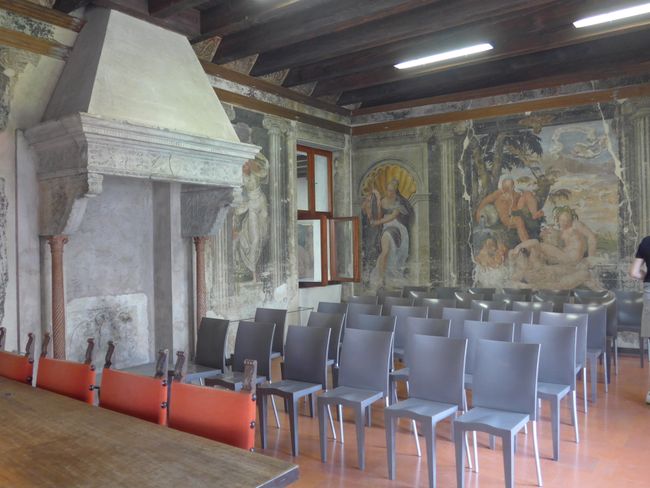
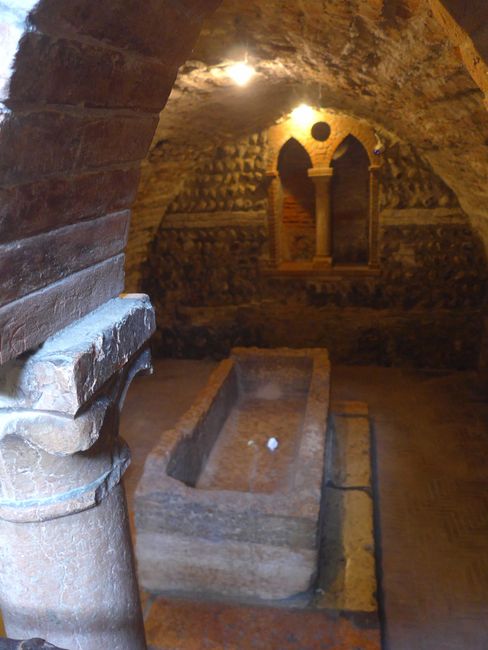
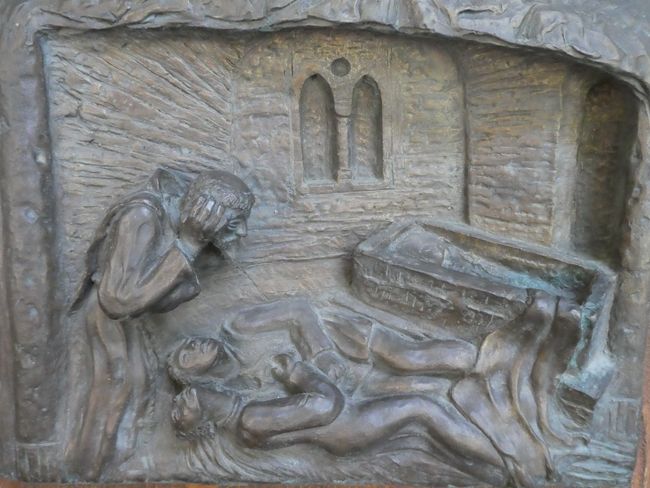
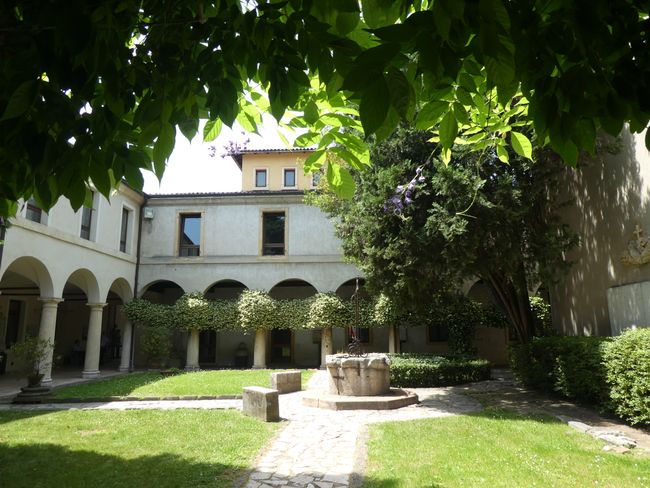
വാർത്താക്കുറിപ്പിലേക്ക് സബ്സ്ക്രൈബ് ചെയ്യുക
We started our tour of the city at the Arena. The Roman amphitheater dates back to the 1st century but was heavily damaged by several earthquakes in the 12th century.

Since 1913, opera performances have been held here in the summer. The ancient site can accommodate up to 25,000 spectators during such performances...

We continued our journey through Via Mazzini, Verona's shopping street, with several luxury boutiques. Here we also saw many Asian tourists, who we later encountered in groups at the main attractions. Obviously, Verona is a popular destination...

We also visited the "casa di Giulia," a patrician house from the 14th century. In the 20th century, a balcony was even added to make it more fitting to Shakespeare's story.

Today, it is a popular photo motif. Just like the statue of Julia in front of the house. It is said to bring good luck to rub her chest. So not only is it polished, but it is also nearly impossible to take a photo of the statue without a tourist groping her...

The interior of the house is rather simple and almost unfurnished - apart from Julia's bed...

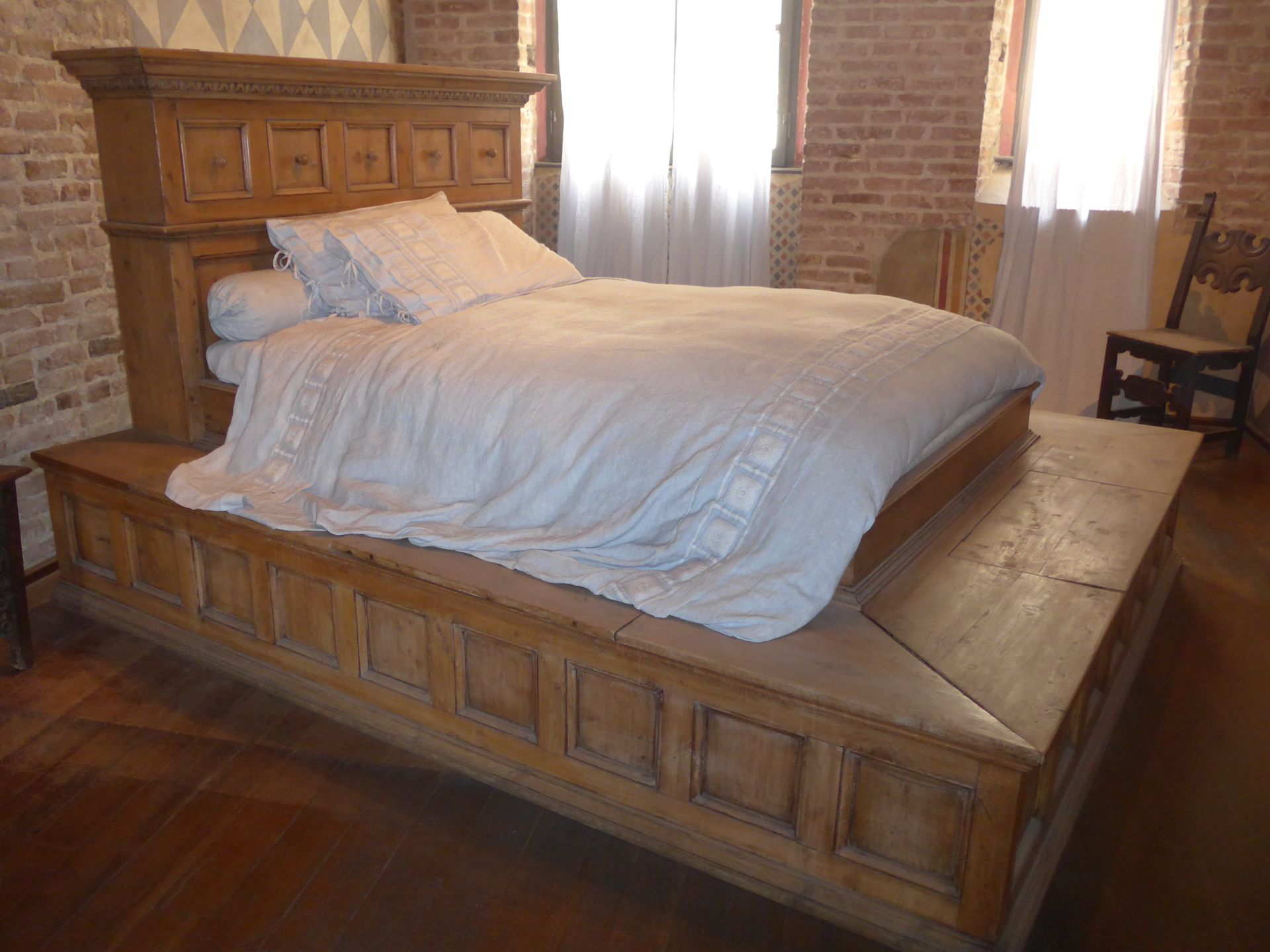
We continued to Piazza delle Erbe, the former Roman Forum, where a market with various goods and many souvenirs is held today.

On Piazza dei Signori, we saw Dante once again, looking at the beautiful old palaces around him in a thoughtful pose.

As we walked behind a bored group of students with their tour guide, we overheard that we had now arrived at "Romeo's house." However, it is privately owned and not open to the public.

At the cathedral, we admired the exterior facade and then went back to the market to have a Calzone to eat.

Verona also has an impressive castle, Castelvecchio. It stands directly on the Adige river and houses a large art museum.

Instead of going inside, we preferred to continue walking on the bridge over the Adige river.

It was blown up in 1945 but later rebuilt faithfully.

Following the Romeo and Juliet tourism, we visited the "Tomba di Giulietta" as a final stop. Of course, Julia was never buried here, but the crypt, where the empty coffin is displayed, is located beneath the old Franciscan convent.

As Friar Lorenzo, who marries Romeo and Juliet, belongs to this order, this place has long been a place of pilgrimage for Shakespeare enthusiasts.


In addition to the not very impressive burial chamber, the ticket also allows you to visit a fresco museum and the old monastery church.

Today, you can also get married here - just like in Julia's house. Let's just hope that your own love story has a different ending than that of the famous couple.

And so our exploration of Verona ended and we left the city on the Adige river once again.
വാർത്താക്കുറിപ്പിലേക്ക് സബ്സ്ക്രൈബ് ചെയ്യുക
ഉത്തരം
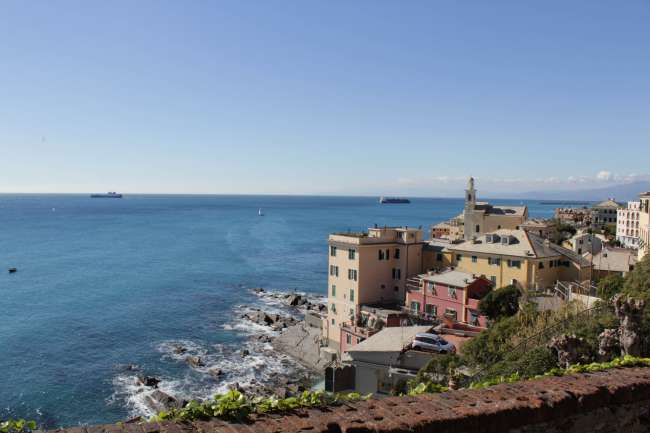
യാത്രാ റിപ്പോർട്ടുകൾ ഇറ്റലി
